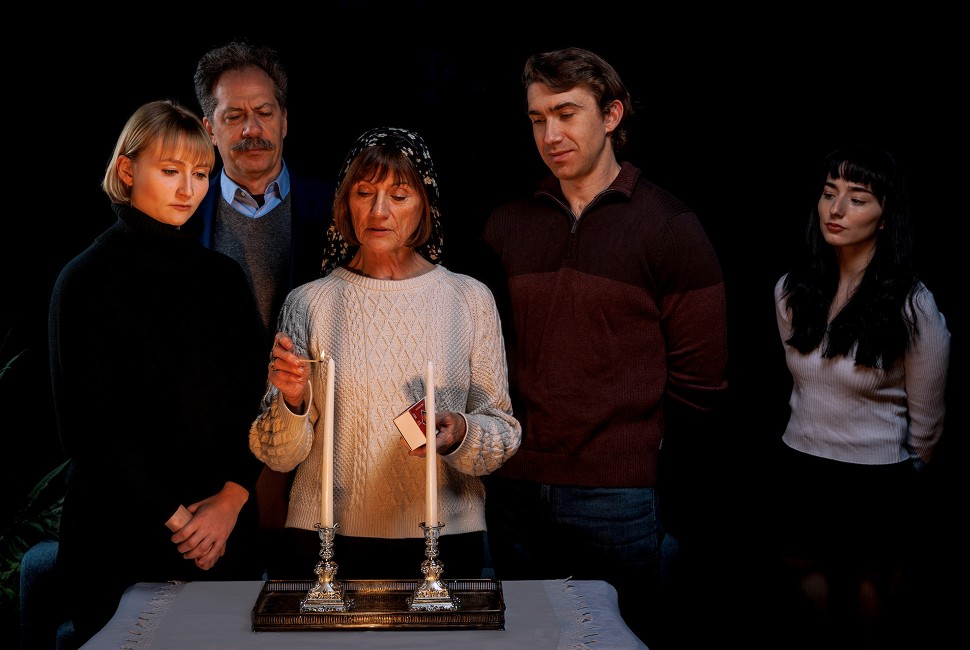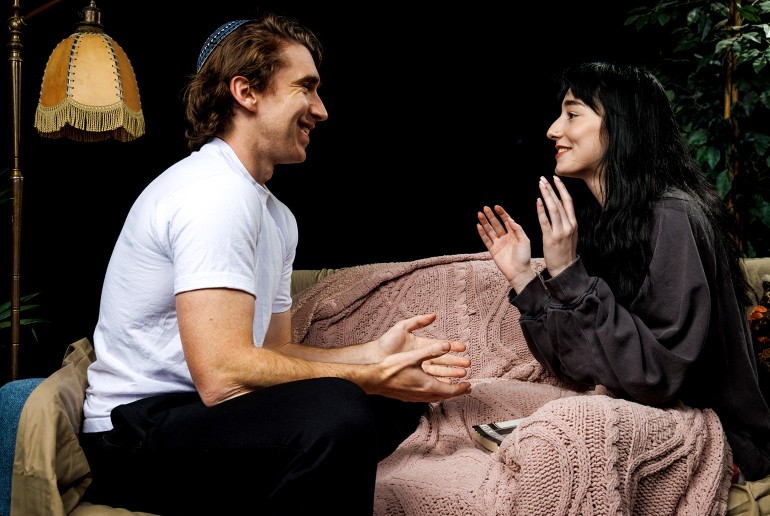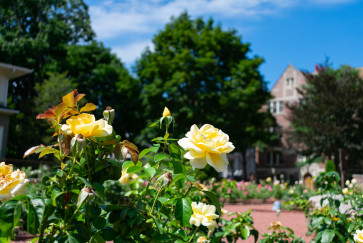Northwestern’s Crown Family Center for Jewish and Israel Studies was tapped to program a series of nine CityTalk conversations designed to explore the themes of history, identity and survival in Joshua Harmon’s 2022 award-winning play “Prayer for the French Republic.” Fresh off a Broadway stretch, the play now is running through May 11 at Northlight Theatre in Skokie.
The talks will take place at various venues in Chicago during the run of the play.
Presenters include Northwestern’s David Shyovitz, an associate professor of history and director of the Crown Family Center. His talk, “Medieval Jewish Paris: A Virtual Tour,” will be held at Theater Wit, 1229 W. Belmont Ave., Chicago, on Wednesday, May 7. Daniel Greene, adjunct professor of history at Northwestern and a subject matter expert at the U.S. Holocaust Memorial Museum, will present “American Jews, the Melting Pot, and Cultural Pluralism: Then and Now” at the Jewish Reconstructionist Congregation, 303 Dodge Ave., Evanston, on Thursday, May 8.
A sweeping drama, punctuated with comedy, “Prayer for the French Republic” introduces audiences to a Jewish couple in mid-1940s Paris awaiting news of their missing family and spans five generations of the same family facing the same question — “Are we safe?”
The production is directed by Jeremy Wechsler, artistic director of Chicago’s Theater Wit, the company originating the CityTalk program.
Written by Joshua Harmon, the show premiered off-Broadway at Manhattan Theatre Club. It won the 2022 Drama Desk and Outer Critics Circle Awards for Best New Off-Broadway Play. Following a sold-out run, it appeared on Broadway at the Samuel J. Friedman Theatre before wrapping in March.
- Looking for more? Check out the CityTalk event list >
“Plays are meant to contribute to our understanding of ourselves as humans,” Wechsler said. “But it’s not our job to angle the play to meet the demands of the daily news cycle, because the audience already brings the world in with them.”
At the same time, Wechsler said it is the theater’s responsibility to equip audiences with context and perspectives that will ready them to meet the production that has been prepared for them.



